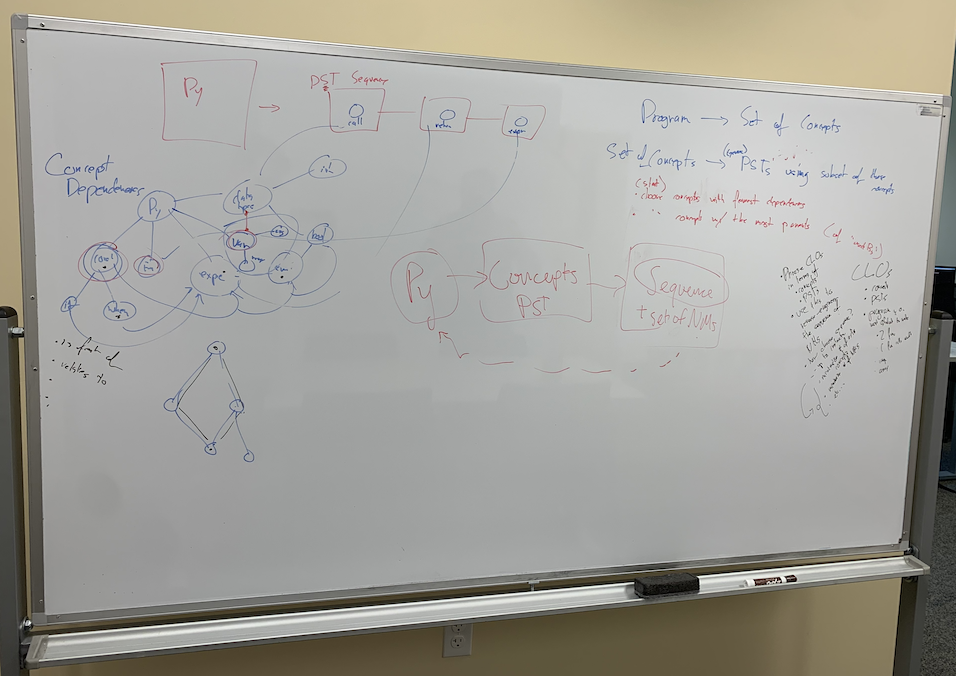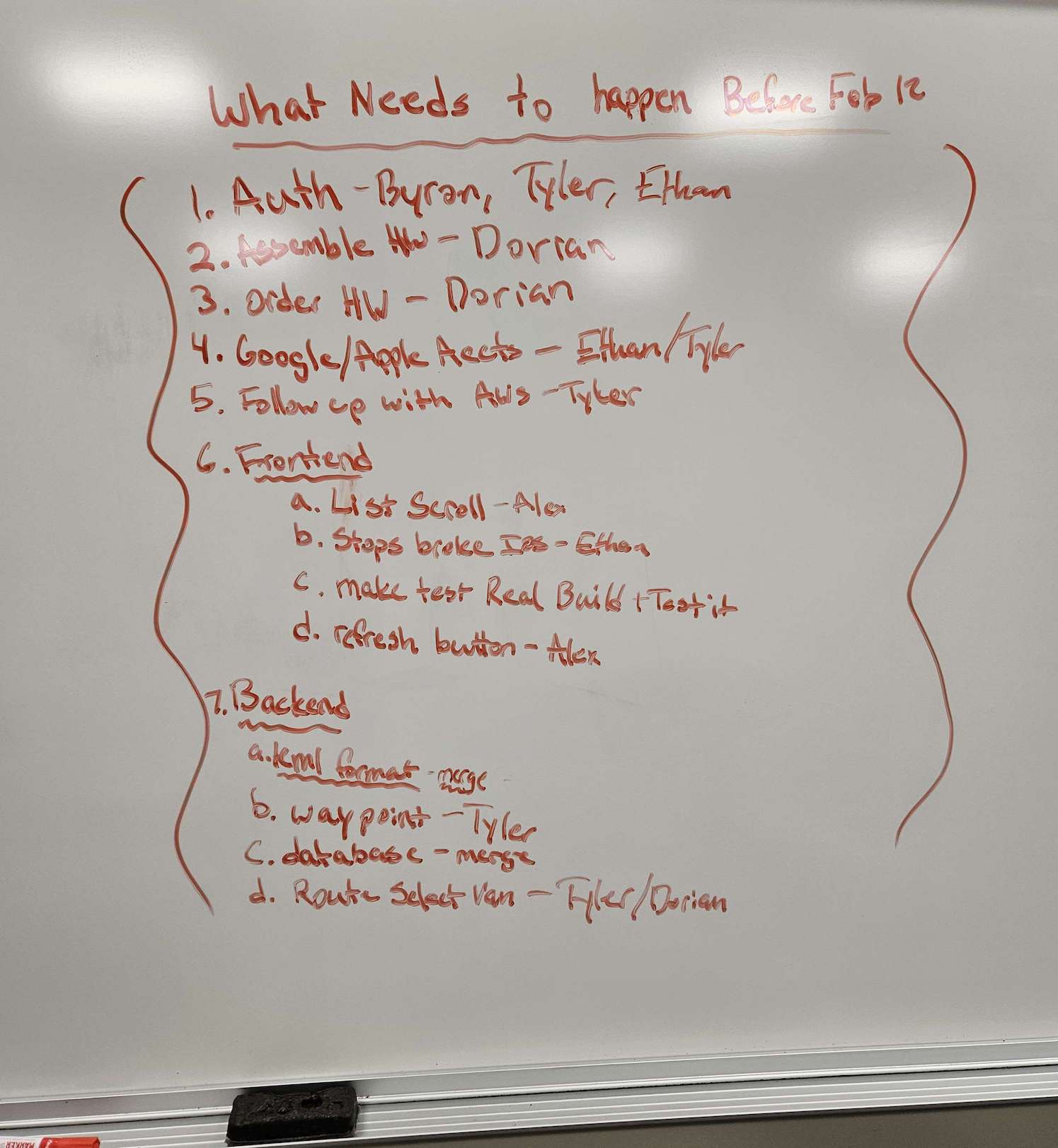Planning#
This might seem like the most obvious section of this entire book. But I think you would be surprised at just how little people actually plan what they’re doing. I think these habits often come from academia: for the most part, you get an assignment, you get an idea of how to code it, and you just go ahead and code it. Or, even if you want to plan, time constraints can make it feel like it’s not worth your time.
Part of the issue which I noticed in industry is Agile. Agile has its strengths, but I feel like a good old fashioned planning session or design document is lost with Agile; it’s all about that next ticket and how many points it’s worth [1] without considering the bigger picture [2]. Time spent planning is time well spent, even when churning out features and tickets is the priority.
Drawing it out#
Whenever I’m faced with a problem, I give it an honest attempt and then immediately after I draw it out or write out what I’m trying to do if it doesn’t work. Yes, I am guilty of not planning up front either.
I’ve noticed this quality in a lot of high-functioning professors, PhD students, engineers, and more. They’re always drawing things out and trying to understand things in their head. You don’t have to be a good artist to do this. The best sketches come in the form of scratchy, messy, incoherent writings on whatever napkin or paper is nearby. Or, if your school or company has a ton of whiteboards nearby, use them!
Writing things out can be in the moment. It can be ahead of a big project. It can be a reflective process after-the-fact. Regardless, it helps to get out of our heads once in awhile.
As an aside, I certainly hope you’re drawing it out if you’re in the realm of frontend/UI/UX design. Open up Figma or just go “old fashioned” with some pen and paper. You should plan for how things are actually going to be used and test it a lot.
Commenting#
Often times, when I plan: the code writes itself. I find people’s use of GitHub Copilot pretty funny, as normally people don’t comment code that well. But when you’re trying to tell the AI what you’re going for, you tend to explain yourself a little better and more clearly until it gets the right code that you’re looking for. It’s the same idea: if you outline your code, you (or AI) can write it pretty quickly. I’ll have an entire section on commenting coming right up.
Gallery#
 A preliminary plan I worked on with my research advisor on the whiteboard.
A preliminary plan I worked on with my research advisor on the whiteboard.
 A whiteboard brainstorm of upcoming tasks for the OreCart project.
A whiteboard brainstorm of upcoming tasks for the OreCart project.